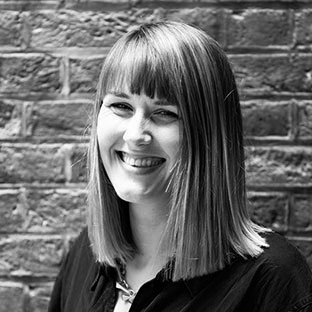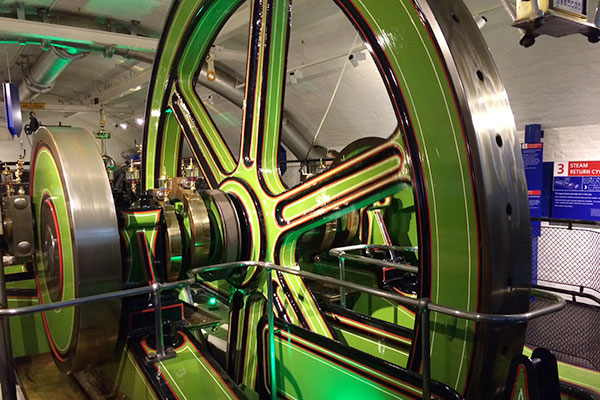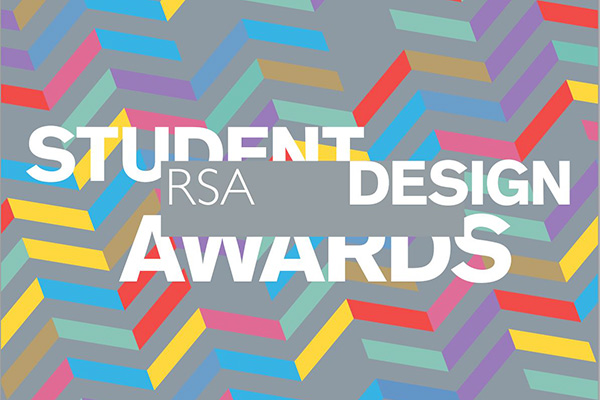Happy Year of the Horse! Sevra Davis and I from the RSA Student Design Awards team have just returned from a week in Hong Kong – and what a week it was…
We delivered four student workshops, had meetings with five RSA Fellows, and Sevra gave a keynote talk attended by many more RSA Fellows (there are 85 in total in Hong Kong). We also developed links with some organisations doing exciting work in the design for social innovation arena, rode one of the longest escalators in the world, and visited a social entrepreneur’s maker workshop in a disused farm. Suffice to say it was an incredible trip – here are a few of our best bits:
Working with students and staff from Hong Kong Design Institute
We were invited and hosted by the DESIS lab for social design research at Hong Kong Design Institute (HKDI), the design stream of the government-funded Hong Kong Vocational Training Council which currently has over 7,000 students. This year HKDI is encouraging students from across different design disciplines to respond to the 2013-14 RSA briefs and enter our competition (students anywhere in the world are eligible to enter). We ran workshops with students from Landscape Architecture, Product Design, Interior Design, Publishing and Visual Communications courses, meeting over 150 students in the process and seeing some outstanding work. This visit was an initial step in establishing a relationship that may result in a more formal partnership with HKDI, and many of the tutors we met expressed a keen interest in embedding the RSA briefs in their curricula in future years.
Learning about Hong Kong’s burgeoning design for social innovation scene
It was clear from meetings with DESIS staff and the directors of Hong Kong Design Centre, the British Council, and the newly founded Design Institute for Social Innovation at Hong Kong Polytechnic University that there’s a growing movement of organisations in Hong Kong promoting and enabling design that affects positive social change. All of the organisations we met with were keen to develop closer ties with the RSA and to explore potential knowledge exchange partnerships.
Spreading the word about the RSA + social design – with the help of RSA cupcakes!
The biggest event of the week was the RSA Student Design Awards evening talk and reception on Thursday night, hosted by the Hong Kong DESIS lab at HKDI. There were some very big smiles when we discovered upon arrival that drinks were accompanied by cupcakes decorated with our very own logo and images! We managed to resist tucking in until after Sevra had delivered the keynote speech; a very well received introduction to the RSA and presentation of our unique viewpoint on design. HKDI staff, students and other young people attended the event along with a number of Hong Kong-based RSA Fellows, which made for some fascinating conversations and networking during the reception.
Visiting a remarkable social entrepreneur and his maker space
One day we travelled nearly 2 hours out of Hong Kong City Centre to meet engineer and social entrepreneur Cesar Harada at his design workshop. Cesar is a Senior Ted Fellow who quit his job at MIT in 2010 and moved to the Gulf to develop an Open Source, shape-shifting robot called ‘Protei’ to clean up the BP oil spill. Cesar recently moved the Protei headquarters to Hong Kong, and is the current ‘Creator in Residence’ at HKDI. We (eventually!) managed to locate his self-built workshop in a disused farm, and spent some time being shown around, hearing about Cesar’s Protei journey and taking a look at a prototype. Cesar later attended and spoke at the RSA evening reception, so he had a chance to talk to some RSA Fellows too.
Meeting RSA Fellows
It was a real inspiration to meet so many RSA Fellows during our time in Hong Kong, both in meetings and at the RSA evening reception. Those we met included the CEO of a global design company, a psychology professor from a Hong Kong University, a 1981 RSA Student Design Award winner who now runs his own design agency, the principal of a secondary school and the founding director of a social enterprise. One Fellow who gets a special mention is William Yeung (above, right), who was carrying his lifetime RSA membership card and has been a Fellow for over 50 years!
We found that there was a real commitment to the RSA and an appetite for a more active RSA Fellow network in Hong Kong, and the new Hong Kong RSA connector, Chris White (above, in the centre), is working on this. We spent a brilliant evening with Chris, who also attended the reception and had a chance to meet other Fellows there.
I’ll finish by sharing something one of the Hong Kong Fellows said which really resonated with us – when speaking about what being a Fellow means to him, Simon Yeung said:
‘…by being a Fellow, you are demonstrating that you are a certain kind of person; you are making a statement that says “I have a social conscience.”’
Rebecca Ford is the Assistant Manager of the RSA Student Design Awards.
Related articles
-
Blog: Saving Design Thinking from itself
Sevra Davis
We have arrived at a critical moment for design thinking. Sevra Davis explores how we can champion a radical new future for design.
-
36 Hours in Hong Kong
Sevra Davis
Have you ever spent 36 hours in Hong Kong? Sevra Davis has! As the RSA Director of Design and Challenges and Student Design Awards, Sevra was invited to Hong Kong by Birmingham City University in collaboration with the School of Higher and Professional Education (SHAPE) programme at Hong Kong Design Institute (HKDI).
-
Blog: A new day for design for social innovation
Sevra Davis
As the RSA Student Design Awards launch their programme for 2015-16, we look at how design thinking can help create social innovation









Be the first to write a comment
Comments
Please login to post a comment or reply
Don't have an account? Click here to register.